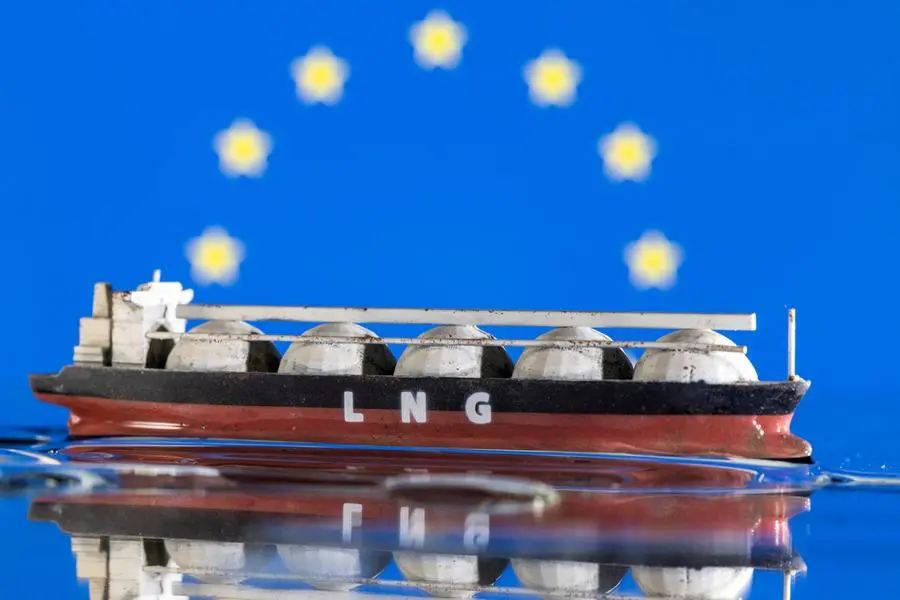PHOTO
The European Union will increase its gas imports from Nigeria to plug the gas supply shortfall caused by the Russia-Ukraine War, the EU Commissioner for Energy said at an LNG plant in the West African country.
Following the start of Russia's military campaign in Ukraine in February last year, Europe substantially reduced its imports of Russian oil and gas.
Europe avoided a projected energy crisis in the winter of 2022/2023 by reducing energy consumption and finding alternative suppliers, including dealers of sea-borne liquefied natural gas.
During a visit to the Nigeria LNG plant on Bonny Island in Rivers State, the EU official Kadri Simson said there was potential to import more gas from Nigeria until 2027 as the EU transitions from fossil fuels.
"The EU is accelerating its energy transition, but we also have a need to reinforce our ties with reliable LNG partners like Nigeria in the short-term horizon," Simson said in a statement issued by Nigeria LNG.
"This helps us to bridge part of the gap left by former Russian imports while we gradually transition away from fossil fuels," she said.
Simson said the EU imported 9.4 billion cubic meters of LNG from Nigeria but noted that there was potential to do more "in particular between now and 2027."
Nigeria LNG, which has a capacity of 22 million tonnes per year, ships the majority of its cargo to clients in Europe. It also has over 70 spot agreements in place across major LNG markets.
Its exports stood at 9 million metric tonnes, compared with total exports of 14.7 million metric tonnes last year, according to a report by S&P Global in August, which added that cargoes were also exported to China and India.
(Editing by Seban Scaria seban.scaria@lseg.com)





















